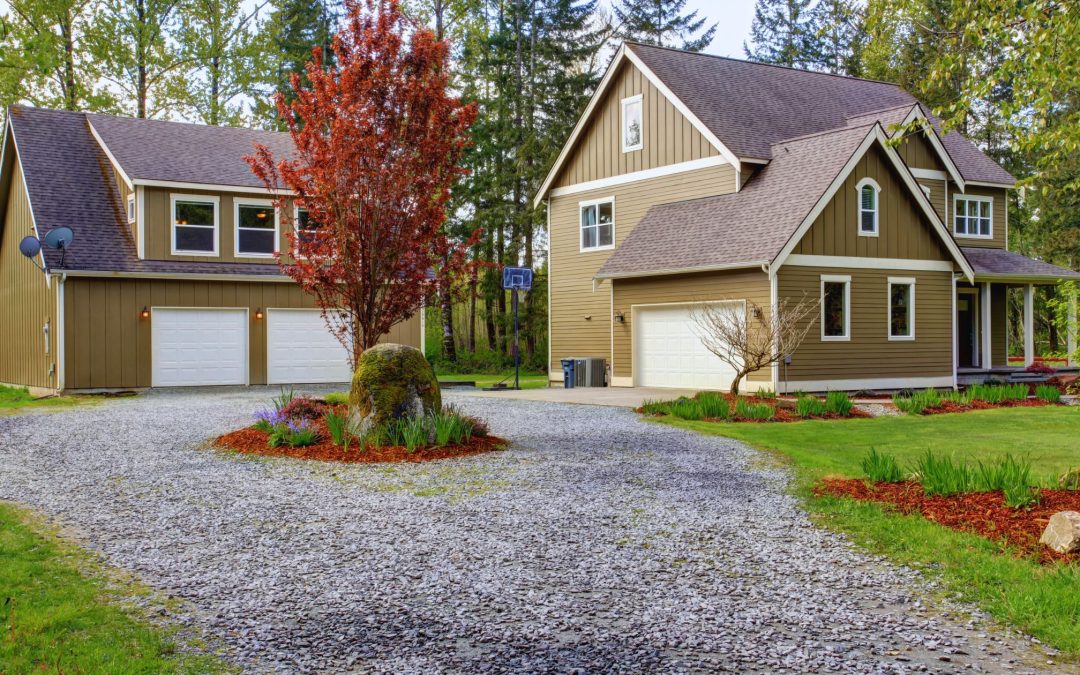Asphalt driveways are a popular choice for many homeowners because they are durable and require low maintenance. But even the best asphalt driveway will only last so long. In general, you can expect an asphalt driveway to last 15-20 years.
There are several factors that can affect how long your asphalt driveway will last. In this article, we’ll take a look at seven of the most important factors.
1. The Quality of the Asphalt
The quality of the asphalt is the most important factor in determining how long your driveway will last. The better the quality of the asphalt, the longer your driveway will last.
2. The Climate
The climate in your area can have a big impact on how long your driveway will last. Hotter climates can cause the asphalt to deteriorate faster than cooler climates.
3. The Amount of Traffic
The amount of traffic your driveway gets can also affect its longevity. Driveways that see a lot of traffic will typically last less than driveways that see less traffic.
4. The Type of Vehicles
The type of vehicles that use your driveway can also affect its longevity. Heavier vehicles, such as trucks and RVs, can cause the asphalt to deteriorate faster than lighter vehicles, such as cars.
5. The Quality of the Subgrade
The quality of the subgrade, or the soil beneath the asphalt, can also affect the longevity of your driveway. Poorly-compacted subgrades can cause the asphalt to crack and crumble.
6. The Quality of the Installation
The quality of the installation is also important. Poorly-installed driveways are more likely to crack and crumble than properly-installed driveways.
7. The Maintenance
Proper maintenance is essential to the longevity of your driveway. Regularly sealing and repairing cracks and other damage can extend the life of your driveway.
How to Extend the Life of Your Driveway
There are a few things you can do to extend the life of your driveway.
1. Choose a High-Quality Asphalt
The quality of the asphalt used to construct your driveway plays a big role in how long it will last. Choosing a high-quality asphalt will help ensure your driveway lasts for many years.
2. Have Your Driveway Installed by a Professional
Having your driveway installed by a professional is another great way to extend its lifespan. Professionals have the experience and expertise needed to properly install your driveway, which will help it last for many years.
3. Seal Your Driveway Every Few Years
Sealing your driveway every few years is a great way to protect it from the elements and extend its lifespan.
4. Repair Cracks and Other Damage as Soon as Possible
If you notice any cracks or other damage to your driveway, it’s important to repair them as soon as possible. Ignoring damage can cause it to worsen, which can lead to more expensive repairs down the road.
Conclusion
Asphalt driveways last anywhere from 20 to 30 years, but there are several factors that can affect this lifespan. Climate, for one, is a huge factor – driveways in warmer climates will generally last longer than those in colder climates. The quality of the asphalt mix, the thickness of the pavement, and the underlying soil conditions can also affect the longevity of an asphalt driveway.
With proper maintenance, an asphalt driveway can last for many years – but if you neglect your driveway, it will start to show signs of wear and tear much sooner. So be sure to keep an eye on your driveway, and have it repaired or replaced as needed to keep it looking its best.
Todd Heldt Excavating, Inc. can help you get the driveway of your dreams. Not only do we do paving, but we do asphalt driveway repair in Granite Bay for any of your needs. Get in touch with us today to get started.





